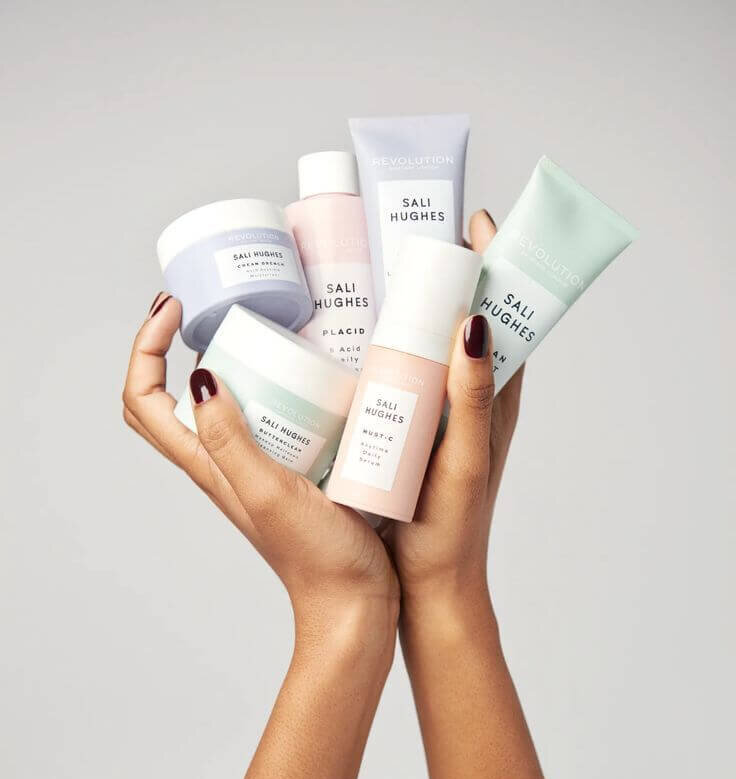
In today’s beauty-obsessed world, maintaining healthy, glowing skin is a priority for many. However, navigating the sea of skincare products and treatments can be daunting, especially with the plethora of online information and opinions. To achieve the best results, it is crucial to understand your skin conditions and avoid products that can potentially harm your skin. This comprehensive guide will delve into common skin concerns and highlight the worst skincare products you should avoid.
Understanding Skincare Concerns
Acne
Acne is not just a teenage condition; adults can suffer from it too. This skin concern arises when hair follicles become clogged with oil and dead skin cells, leading to whiteheads, blackheads, and pimples. Proper acne treatment involves gentle cleansing and salicylic acid or benzoyl peroxide products.
Eczema
If you have a red, itchy rash with or without blisters, you may have eczema. This chronic skin condition requires moisturizing and sometimes medicated creams to manage the symptoms.
Diabetic Skin
People with diabetes often face unique skin concerns such as infections, dryness, and poor wound healing. Skincare for diabetic skin focuses on hydration and protection.
Dry Skin
Characterized by tightness and flakiness, dry skin requires intensive hydration. Look for products with ingredients like hyaluronic acid and ceramides.
Itchy Skin
Persistent itching can be a sign of an underlying skin condition like eczema or psoriasis. Proper moisturization and sometimes anti-itch creams are essential.
Psoriasis
This skin concern causes cells to build up rapidly on the skin’s surface, forming scales and red patches. Treatments often include topical treatments and light therapy.
Rough & Bumpy Skin
Keratosis pilaris is a common skin condition that results in rough, bumpy patches. Exfoliation and moisturizing are key to managing this condition.
Sensitive Skin
Sensitive skin is prone to redness and irritation. Gentle, fragrance-free products are recommended for this skin concern.
Knowing Your Skin Type
Understanding your skin type is the first step in tailoring your beauty routine. Whether your skin is oily, dry, combination, or sensitive, knowing its nature will help you choose the right products and treatments. Perform the bare face test to determine your skin type:
- Wash your face with a mild cleanser and pat dry with a clean washcloth.
- Do not apply any product after drying your skin.
- After 30 minutes, observe your skin:
- Dry Skin: Tight and flaky.
- Oily Skin: Shiny and greasy.
- Normal Skin: Neutral, not dry or oily.
- Combination Skin: Flaky in some areas and shiny in others.
Adapting Skincare to Your Lifestyle
Your daily routine and activities significantly impact your skin and beauty needs. If you spend a lot of time outdoors, prioritize products with high SPF protection (think SPF 50 or higher) to shield your skin from environmental damage. For those with busy schedules, opt for quick, easy, and multi-use products to ensure consistency in your skincare routine.
Setting Clear Skincare Goals
Determine your skincare objectives, whether it’s addressing specific skin concerns like acne or hyperpigmentation, or aiming for a natural, glowing complexion. Clear goals will guide you in selecting the right products and treatments.
The Worst Skincare Products You Should Avoid
Not all skincare products are created equal. Some can do more harm than good, and it’s essential to know which ones to avoid.
St. Ives Apricot Scrub
Why to Avoid: The grainy exfoliator uses crushed walnut particles, which can cause microtears in the skin, leading to irritation and infection. Dermatologists recommend avoiding harsh physical exfoliants like this.
Clarisonic Face Brush
Why to Avoid: Over-exfoliating with this sonic cleanser can cause major irritation, especially for sensitive skin. Limit use to once or twice a week if you have resilient skin, or avoid it altogether for delicate skin.
Face Wipes
Why to Avoid: Face wipes can cause friction and even tear the skin. They often contain alcohol and preservatives, which are harsh on sensitive skin. Plus, they contribute to environmental pollution due to non-biodegradable materials.
Cetaphil Gentle Cleanser
Why to Avoid: Despite its popularity, this cleanser contains potentially harmful parabens and other chemicals. Opt for natural oils like jojoba or olive oil for a gentle cleanse without harmful additives.
Bioré Pore Strips
Why to Avoid: These strips can cause tearing and further irritation to compromised skin types. A more traditional treatment recommended by dermatologists is a better option for removing blackheads.
Boscia Luminizing Black Charcoal Peel-Off Mask
Why to Avoid: Peel-off masks can remove precious skin cells and vellus hair, leading to irritation. Consistent use can have negative side effects. Opt for a clay mask for oil absorption without the harshness.
Glamglow Glittermask Gravitymud Firming Treatment Mask
Why to Avoid: Glitter in skincare offers no benefits and is harmful to the environment. Glitter particles can also be abrasive to the skin. Use mud masks like Dead Sea mud for effective firming treatments.
Finding the Right Skincare Products
Experiment and Adapt
Your skincare needs change over time. Be open to trying new products and techniques, and adapt your routine as necessary. Pay attention to how your skin reacts and don’t be discouraged if something doesn’t work. Keep experimenting until you find the right combination.
Consult with Professionals
When in doubt, seek guidance from skincare professionals. Dermatologists, estheticians, and makeup artists can provide personalized recommendations based on your unique needs and goals.
FAQs About Skincare Concerns and the Worst Products You Should Avoid
1. What are common skin conditions?
Common skin conditions include acne, eczema, psoriasis, rosacea, and dermatitis. These conditions can cause symptoms such as redness, itching, dryness, and inflammation, and they often require specific treatments.
2. How can I determine my skin type?
To determine your skin type, wash your face with a mild cleanser, pat dry, and wait for 30 minutes. If your skin feels tight and flaky, you have dry skin. If it’s shiny and greasy, you have oily skin. If it’s neither, you have normal skin. If it’s oily in some areas and dry in others, you have combination skin.
3. Why is understanding my skin type important?
Understanding your skin type is crucial because it helps you choose products and treatments that address your specific skin concerns. This ensures that your skincare routine is effective and tailored to your needs.
4. What causes acne?
Acne is caused by clogged hair follicles, excess oil production, bacteria, and inflammation. Hormonal changes, stress, diet, and certain medications can also contribute to acne.
5. How can I manage eczema?
Managing eczema involves keeping the skin moisturized, avoiding irritants, and using medicated creams as prescribed by a dermatologist. Identifying and avoiding triggers, such as certain fabrics or foods, can also help.
6. What skincare products should I avoid if I have sensitive skin?
If you have sensitive skin, avoid products with harsh chemicals, fragrances, alcohol, and physical exfoliants. Look for gentle, fragrance-free, and hypoallergenic products instead.
7. Are face wipes bad for your skin?
Yes, face wipes can be bad for your skin. They can cause friction and irritation, and they often contain alcohol and preservatives that can dry out and damage the skin.
8. Is it safe to use St. Ives Apricot Scrub?
St. Ives Apricot Scrub is not recommended because its crushed walnut particles can cause microtears in the skin, leading to irritation and potential infection. It is one of the worst skincare products for exfoliation.
9. What’s wrong with using Clarisonic Face Brush daily?
Using the Clarisonic Face Brush daily can lead to over-exfoliation, causing irritation and damage, especially for sensitive skin. It should be used no more than once or twice a week for more resilient skin types.
10. Why are pore strips like Bioré bad for your skin?
Pore strips like Bioré can cause skin tearing and further irritation, especially for thin or acne-prone skin. They are considered one of the worst skincare products for blackhead removal.
11. What are better alternatives to face wipes?
Better alternatives to face wipes include using micellar water and a reusable cloth or gentle cleansers followed by rinsing with water. These methods are gentler on the skin and more eco-friendly.
12. Why should I avoid Cetaphil Gentle Cleanser?
Cetaphil Gentle Cleanser contains parabens and other potentially harmful chemicals. For a gentle cleanse without these additives, consider using natural oils like jojoba or olive oil.
13. Are peel-off masks safe to use?
Peel-off masks can remove both good and bad skin cells, causing irritation and potential damage. They are one of the worst skincare products for regular use. Opt for clay masks instead for gentle detoxification.
14. What’s the problem with using products containing glitter?
Products containing glitter, like Glamglow Glittermask, offer no skincare benefits and can be abrasive. Glitter is also an environmental pollutant. Use mud masks like Dead Sea mud for effective firming treatments.
15. How can I set clear skincare goals?
Set clear skincare goals by identifying your specific skin concerns, such as acne, hyperpigmentation, or signs of ageing. Determine what you want to achieve, such as a clearer complexion or reduced wrinkles, and choose products designed to meet those objectives.
16. Why is it important to adapt my skincare routine?
Your skin’s needs change over time due to factors like ageing, hormonal changes, and environmental conditions. Adapting your skincare routine ensures that you are always using the best products for your current skin concerns.
17. How can I find the right skincare products?
To find the right skincare products, know your skin type, research ingredients that work for your skin concerns, and be willing to experiment and adapt your routine as needed. Consulting with skincare professionals can also provide personalized recommendations.
18. What should I do if a skincare product doesn’t work for me?
If a skincare product doesn’t work for you, don’t be discouraged. Skincare is highly individual, and it may take some trial and error to find the right products. Keep experimenting and pay attention to how your skin reacts until you find the perfect combination for your needs.
Conclusion
Finding the right skincare products is all about understanding your skin and tailoring your routine to fit its needs. Personalize your skincare to address specific skin concerns and avoid products that can harm your skin. Embrace the journey of discovering what works best for you and enjoy the process. Remember, healthy, glowing skin is achievable, and you’re worth the effort. Stay safe, skincare enthusiasts, and always strive for the best for your skin.
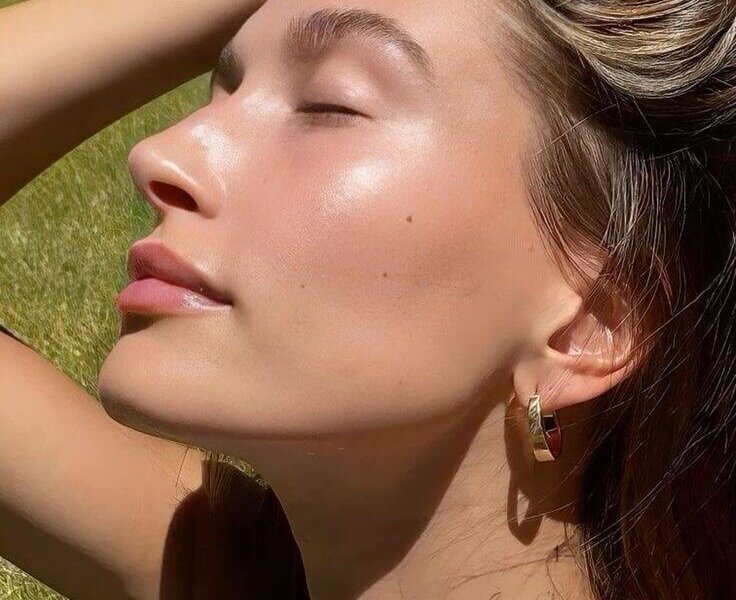
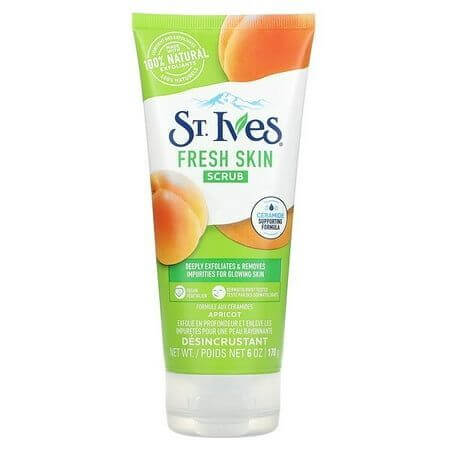

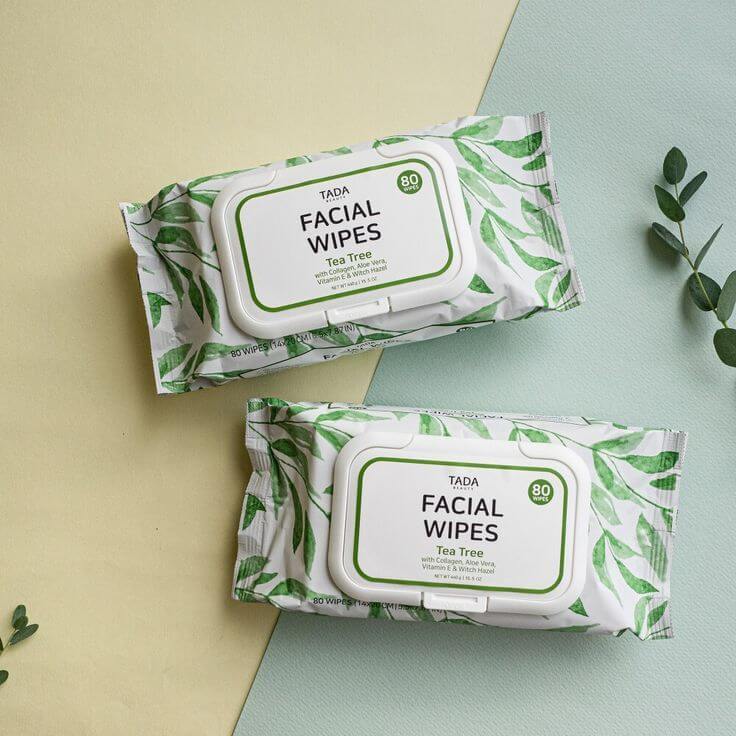

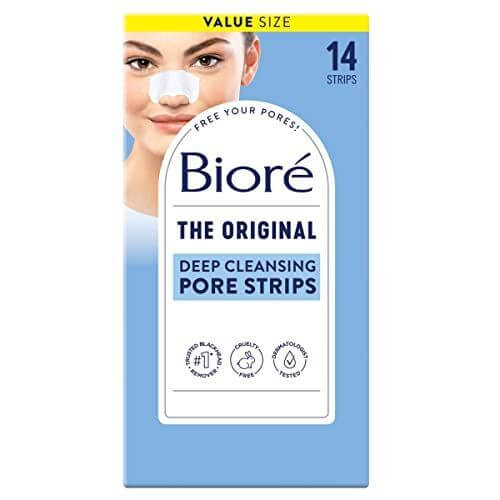



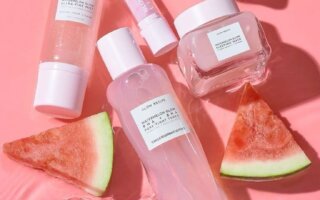

excellent post, very informative. I wonder why the other experts of this sector do not notice this. You should continue your writing. I am sure, you have a great readers’ base already!
fantastic put up, very informative. I’m wondering why the other specialists of this sector don’t notice this. You should proceed your writing. I am sure, you have a huge readers’ base already!
Thank you, I’ve just been looking for info about this topic for a while and yours is the greatest I’ve found out so far. But, what concerning the conclusion? Are you positive in regards to the source?